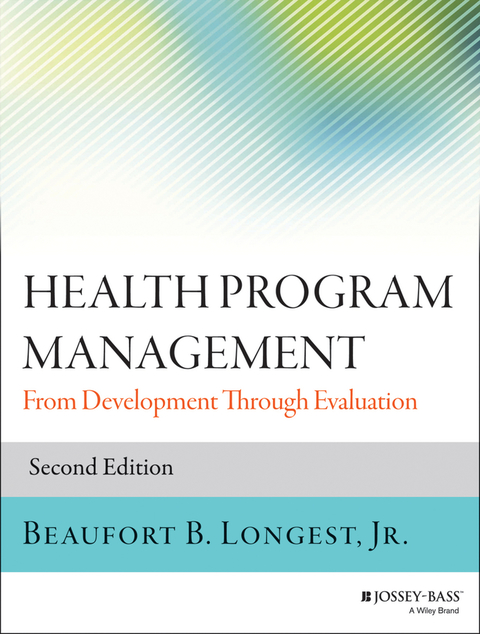Description
Efnisyfirlit
- Cover
- Series Page
- Title Page
- Copyright
- List of Figures, Tables, and Exhibits
- Preface
- Acknowledgments
- The Author
- Chapter 1: The Work of Managers in Health Programs
- Key Definitions
- The Work of Program Managers in Terms of Core and Facilitative Activities
- Core Activities in Program Management Work
- Facilitative Activities in Program Management Work
- Roles Played by Program Managers: The Mintzberg Model
- Competencies That Underpin Program Management Work
- Managing Health Programs Ethically
- Managers and the Success of Programs
- Summary
- References
- Appendix A: Example of a Health Program: The Global Health Program of the Bill and Melinda Gates Foundation
- The Host Organization
- The Global Health Program
- Appendix B: Example of a Health Project: The Mass General Care Management Project
- Chapter 2: Developing/Strategizing the Future
- Developing the Underlying Theory of a Program
- Using Program Theory and Logic Models in Establishing and Maintaining Effective Stakeholder Relationships
- Developing/Strategizing Activity
- Situational Analysis: Determining a Program’s Current Situation
- Reconsidering and Revising a Program’s Current Situation
- Assessing and Controlling Performance to Achieve Desired Results
- The Link between Developing/Strategizing and the Performance of Programs
- Writing a Business Plan
- Planning for Interventions Undertaken by Programs
- Summary
- References
- Chapter 3: Designing for Effectiveness
- Creating Organization Designs
- Key Concepts in Formal Organization Design
- Application of the Key Organization Design Concepts
- Informal Aspects of Organization Designs
- Designing Program Logic Models
- The Staffing Process in Health Programs
- Summary
- References
- Chapter 4: Leading to Accomplish Desired Results
- Leading Defined
- Influence and Leading; Interpersonal Power and Influence
- Motivation as a Basis for Leading Effectively
- The Ongoing Search to Understand Effective Leading
- Toward an Integrative Approach to Effective Leading in Health Programs
- Summary
- References
- Chapter 5: Making Good Management Decisions
- Decision Making Defined
- Involving Other Program Participants in Decision Making
- Key Characteristics of Management Decisions and Decision Making in Programs
- The Decision-Making Process
- Summary
- Key Terms and Concepts
- References
- Chapter 6: Communicating for Understanding
- Communicating: Key to Effective Stakeholder Relations
- A Model of the Communication Process
- Barriers to Communicating Effectively
- Communicating within Programs
- Communicating with External Stakeholders
- Communicating When Something Goes Wrong
- Summary
- References
- Chapter 7: Managing Quality—Totally
- Quality Defined
- Measuring Quality
- Managing Quality
- A Total Quality Approach to Managing Quality
- Patient/Customer Focus
- Continuous Improvement
- Teamwork
- Summary
- References
- Chapter 8: Commercial and Social Marketing
- Commercial Marketing
- Social Marketing
- Commercial Marketing in Health Programs
- The Five Ps of Commercial Marketing
- Social Marketing in Health Programs
- Conducting Social Marketing Initiatives in Health Programs
- Ensuring the Success of Social Marketing Initiatives
- Ethics Considerations in Commercial and Social Marketing Strategies
- Summary
- References
- Appendix C: A Step-by-Step Social Marketing Process
- Describing the Problem
- Choosing a Target Audience
- Conducting Formative Research
- Creating the Social Marketing Strategy
- Next Steps
- Chapter 9: Evaluating
- Program Evaluation Defined
- What Do Program Managers Evaluate?
- Program Theory and Logic Models
- Types of Program Evaluations
- The CDC Framework for Conducting Program Evaluations
- Standards in the CDC Evaluation Framework
- Steps in the CDC Evaluation Framework
- Summary
- References
- Index
- End User License Agreement






Reviews
There are no reviews yet.